Table of Contents
The KVS PGT Physics Syllabus 2026, released by the Kendriya Vidyalaya Sangathan (KVS), is designed to assess a candidate’s depth of subject knowledge, teaching aptitude, and proficiency in English. This syllabus ensures that only well-prepared and qualified candidates progress in the selection process. A thorough understanding of the KVS PGT Physics syllabus helps aspirants plan an effective preparation strategy, focus on high-weightage topics, and improve their chances of performing well in the exam.
KVS PGT Physics Syllabus 2026
The KVS PGT Physics Syllabus 2026 is structured into four key sections – Physics (subject-specific), General English, General Hindi, and Teaching Aptitude. The Physics section follows the NCERT/CBSE syllabus for Classes XI and XII, but the questions are framed at a postgraduate difficulty level to assess conceptual clarity, analytical thinking, and problem-solving skills. Major topics include Mechanics, Thermodynamics, Electrodynamics, Optics, Modern Physics, and Electronics. This comprehensive structure evaluates not just subject mastery but also language proficiency and teaching aptitude, ensuring candidates are fully equipped for the PGT Physics role in Kendriya Vidyalayas.
- KVS NVS Exam Analysis 2026 Out – Click to Check
- KVS NVS Answer Key 2026 Out – Click to Download
- KVS NVS Question Paper 2026 Out – Click to Download
- KVS NVS Admit Card 2026 – Click to Download
KVS Post Graduate Teacher Physics Syllabus: Overview
The KVS PGT Physics Syllabus 2026 consists of four key sections- Physics (subject-specific), General English, General Hindi, and Teaching Aptitude. The Physics section follows the NCERT/CBSE curriculum for Classes XI and XII, but the questions are set at a postgraduate level to test conceptual depth, analytical thinking, and problem-solving ability. Core areas include Mechanics, Thermodynamics, Electrodynamics, Optics, Modern Physics, and Electronics. This balanced structure evaluates a candidate’s subject knowledge, communication skills, and teaching aptitude, ensuring they are fully prepared for the PGT Physics role in Kendriya Vidyalayas.
| KVS PGT Physics Syllabus | |
| Organization Name | Kendriya Vidyalaya School (KVS Recruitment 2026) |
| Conducting Body | Kendriya Vidyalaya Sangathan |
| Post Name | PGT Physics |
| Vacancies | Notified Later |
| KVS Job Profile | National |
| Mode of Application | Online |
| Mode of Examination | Online |
| KVS Selection Process | Written Test & Interview |
KVS PGT Physics Exam Pattern 2026
KVS PGT Physics Syllabus 2026 and Revised Exam Pattern will help candidates in better exam preparation. There will be two two-tier examinations followed by an Interview for the post of KVS PGT. The merit list will be prepared by giving a weightage of 85% and 15% to the marks obtained by candidates in Tier-2 and the Interview, respectively. The interview will be 100 marks.
KVS PGT Physics Tier-1 Exam Pattern 2026
Tier-1 is a qualifying, OMR-based objective test conducted for all applicants. The exam carries 100 questions, each worth 3 marks, making the total 300 marks.
| KVS Physics Tier-1 Exam Pattern |
|||
| Test Components | No. of Questions | Total Marks | Duration |
| Part I- General Reasoning | 20 | 60 | 2 Hours |
| Part II- Numeric Ability | 20 | 60 | |
| Part III – Basic Computer Literacy | 20 | 60 | |
| Part V – Language Competency (English) | 10 | 30 | |
| Part VI – Language Competency (Modern Indian Language) | 10 | 30 | |
| Total | 100 | 300 | |
KVS PGT Physics Tier-2 Exam Pattern 2026
Tier-2 will be conducted on the basis of Subject Knowledge Examination (combination of Pen-Paper and OMR-based) as per the details mentioned below. The test will be of 2½ hours duration without any time limit for each part of the test individually.
| KVS Physics Tier-2 Exam Pattern |
||||
| Components of Test | Type | No. of Questions | Total Marks | Duration |
| Subject knowledge | Objective | 60 | 60 | 2.5 hours |
| Subject knowledge | Descriptive | 10 | 40 | |
| Total | 70 | 100 | ||
Detailed KVS PGT Physics Syllabus 2026
The KVS PGT Physics Syllabus 2026 is aligned with the NCERT/CBSE curriculum for Classes XI and XII, with questions designed to assess advanced understanding and application at the postgraduate level. It includes core topics such as Mechanics, Thermodynamics, Electrostatics, Current Electricity, Magnetism, Electromagnetic Induction, Optics, and Modern Physics. Additional emphasis is placed on Waves, Oscillations, Communication Systems, and Experimental Physics. The syllabus not only evaluates subject knowledge but also tests candidates’ teaching aptitude and ability to apply physics concepts in practical scenarios—making comprehensive preparation essential for success.
| Detailed KVS PGT Physics Syllabus 2026 | |
| Unit | Topics |
| Mechanics |
|
| Thermodynamics |
|
| Oscillations and Waves |
|
| Electrostatics |
|
| Current Electricity |
|
| Magnetic Effects of Current and Magnetism |
|
| Electromagnetic Induction and Alternating Currents |
|
| Electromagnetic Waves |
|
| Optics |
|
| Dual Nature of Matter and Radiation |
|
| Atoms and Nuclei |
|
| Semiconductor Electronics |
|
| Communication Systems |
|
| Experimental Physics & Practical Skills |
|
KVS PGT Physics Syllabus PDF
Aspirants preparing for the KVS PGT Physics exam can download the detailed syllabus PDF from the link provided below. This comprehensive resource outlines a subject-wise breakdown of all crucial topics, including Mechanics, Thermodynamics, Electrodynamics, Optics, Modern Physics, and more. Understanding the syllabus thoroughly helps candidates grasp the exam pattern, set clear study goals, and structure their preparation efficiently. Keeping the syllabus PDF accessible throughout the preparation journey ensures focused revision and better time management for success in the examination.

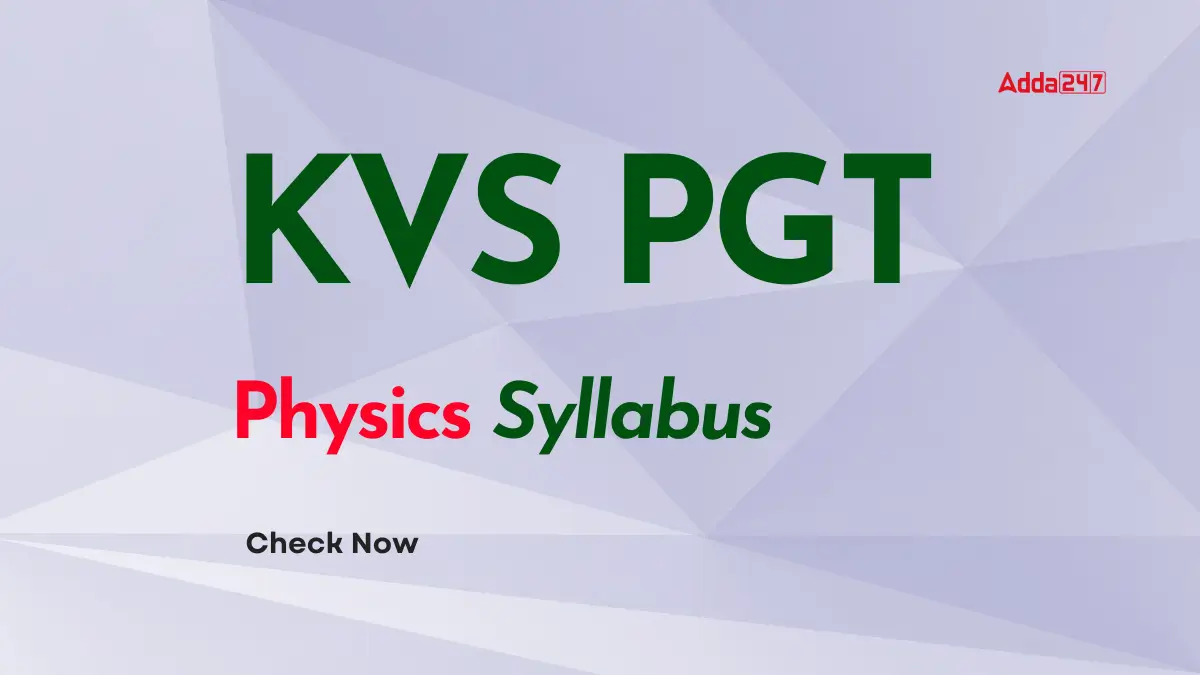
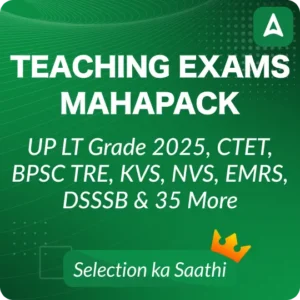
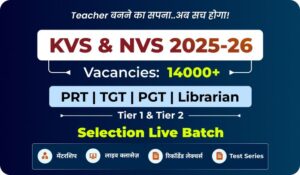

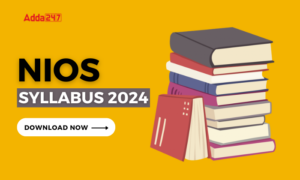 NIOS Syllabus 2026 and New Exam Pattern ...
NIOS Syllabus 2026 and New Exam Pattern ...
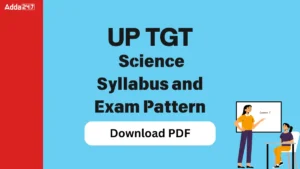 UP TGT Science Syllabus 2026 and Exam Pa...
UP TGT Science Syllabus 2026 and Exam Pa...
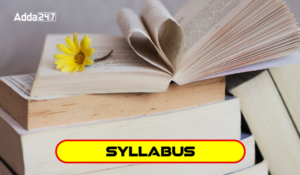 USET Syllabus 2026 and Exam Pattern Down...
USET Syllabus 2026 and Exam Pattern Down...













